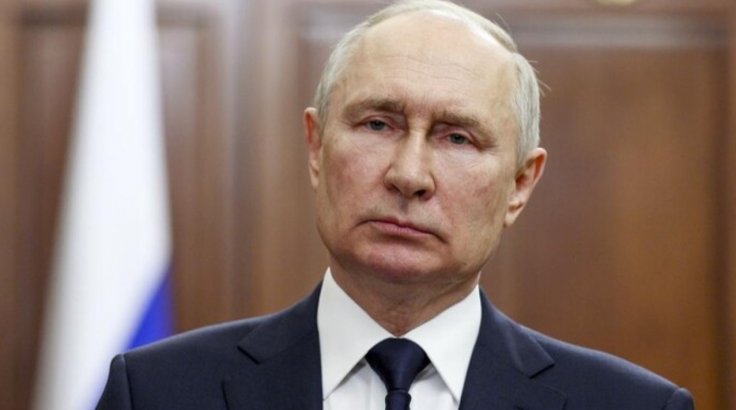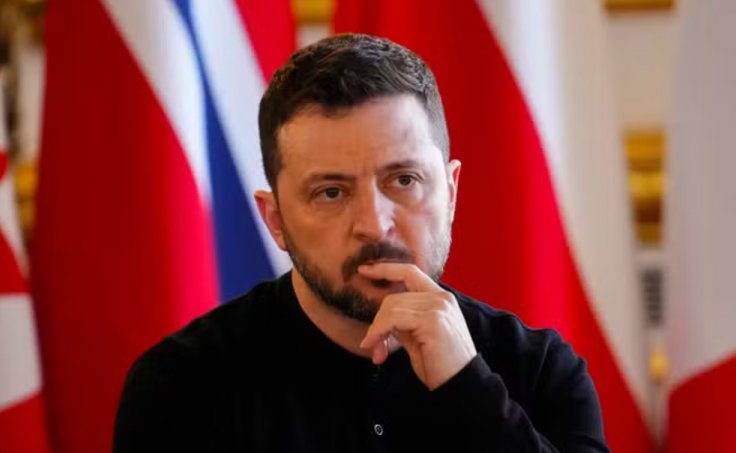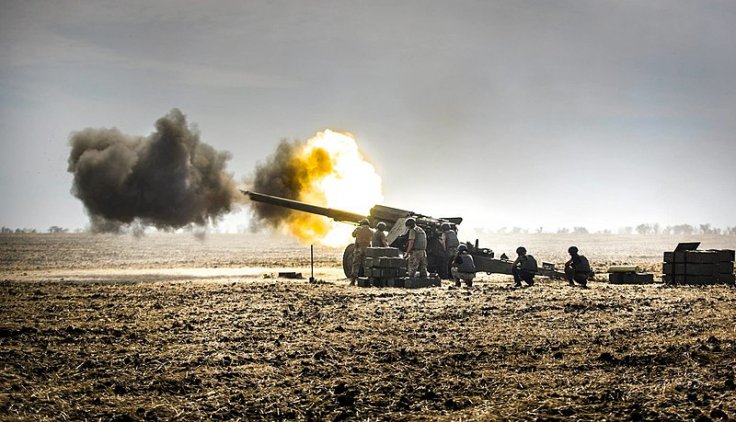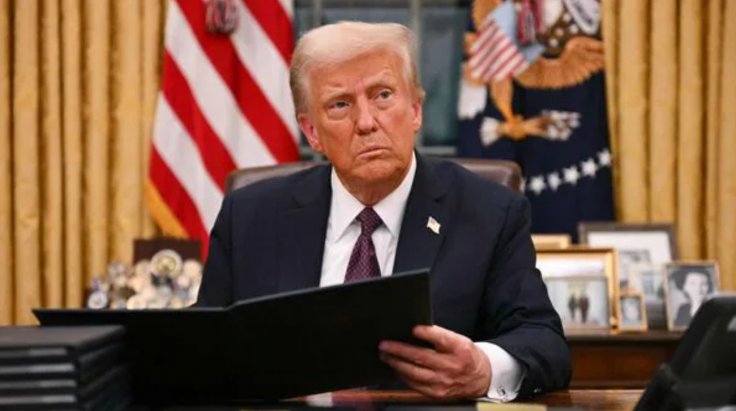Russian President Vladimir Putin on Monday declared a three-day cease-fire in Ukraine from May 8 to May 10 to commemorate World War II Victory Day, as President Donald Trump's administration continues to weigh whether a peace deal to end the more than three-year war is feasible.
The Kremlin said on Monday that the ceasefire would begin at midnight on May 8 and continue through May 10. Putin has also ordered a complete halt to fighting on "humanitarian grounds" to celebrate the May 9 holiday marking the defeat of Nazi Germany. Ukraine, which had earlier agreed to Trump's proposal for a full 30-day ceasefire, is yet to respond to the announcement.
Three-Day Ceasefire, but for Different Reasons

"Russia believes that the Ukrainian side should follow this example. In case of violations of the cease-fire by the Ukrainian side, the Russian armed forces will give an adequate and efficient response," the Kremlin said in a statement.
Until now, Putin had refused to agree to a full, unconditional ceasefire, insisting that Western arms shipments to Ukraine should be stopped first.

The Kremlin reiterated that "the Russian side again declares its readiness for peace talks without preconditions aimed at removing the root causes of the Ukrainian crisis and constructive cooperation with international partners."
Shortly before the ceasefire was announced by Putin, Ukraine and Russia fired long-range missiles at each other. The Russian Defense Ministry said that its forces shot down 119 Ukrainian drones overnight, most of them over the Bryansk region near the border.
Meanwhile, air raid sirens echoed across Ukraine on Monday morning, though there were no immediate reports of casualties or damage.

The outcome of the Trump administration's efforts to quickly end the war remains unclear, weighed down by conflicting reports and skepticism about how much either side is willing to compromise given the deep-seated hostility.
Trump Can't Trust Putin
Time is running out for the U.S.' involvement in trying to resolve Europe's largest conflict since World War II, which has already claimed tens of thousands of lives. U.S. Secretary of State Marco Rubio said on Sunday that this week would be "extremely important," noting that the U.S. must "make a determination about whether this is an endeavor that we want to continue to be involved in" during an appearance on NBC's "Meet the Press."

American military aid has been vital to Ukraine's defense efforts, and that support could be jeopardized if the Trump administration decides to pull back from negotiations to end the war.
Over the weekend, Trump said that he doubts if Putin has any genuine interest in reaching a deal, noting that Russian forces have continued to launch cruise and ballistic missile attacks on Ukrainian civilian areas even as negotiations were underway.
However, on Friday, Trump said that a brokered resolution to the conflict was "close."
Western European leaders have accused the Kremlin of stalling peace talks in order to give Russian forces — which outnumber Ukraine's troops and currently have the advantage — more time to capture more Ukrainian territory.
Meanwhile, Russia has effectively turned down a U.S. proposal for an immediate, full 30-day ceasefire by attaching extensive conditions, while Ukraine has accepted the offer, according to Ukrainian President Volodymyr Zelenskyy.









